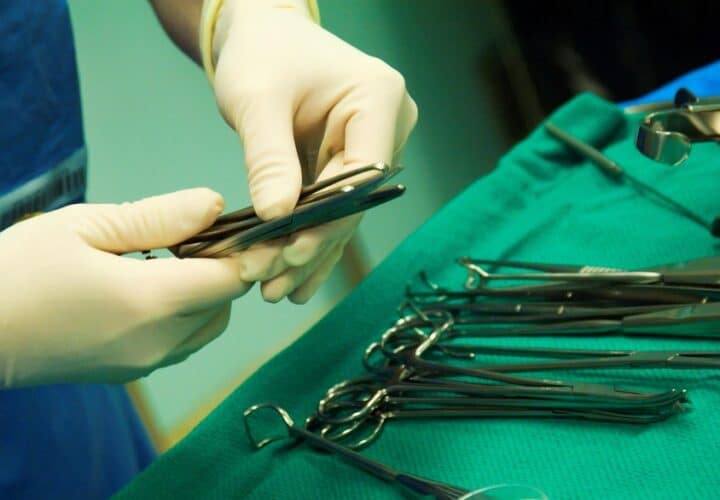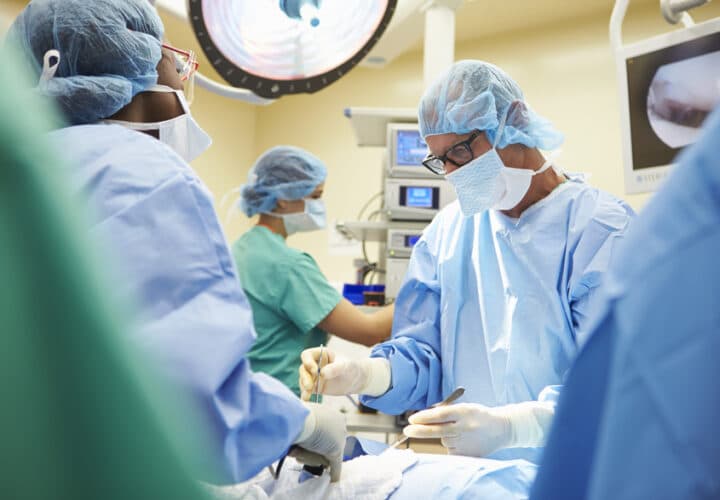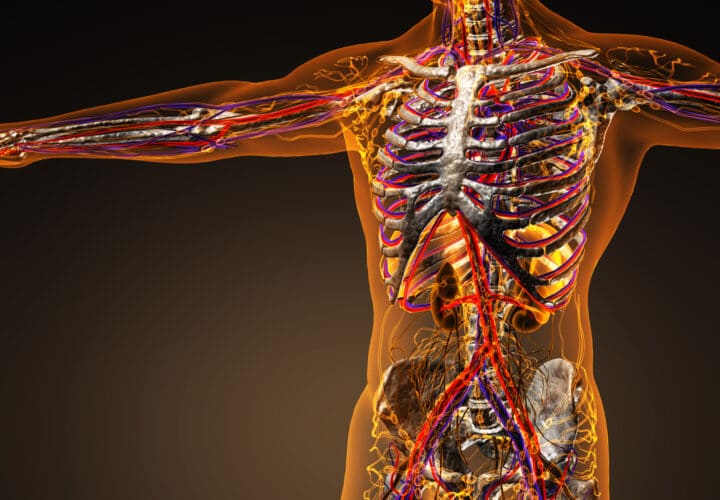Could surgery make Alzheimer's protein build-up worse?
A new study has suggested that it might be possible for beta-amyloid, a protein strongly linked to Alzheimer’s disease, to be transferred to people during neurosurgery. The authors have emphasised their research does not suggest that Alzheimer’s disease is contagious, but call for further investigations and a review into the possible risks of transmission of beta-amyloid from contaminated materials during certain medical procedures.
The study was led by researchers from University College London (UCL) and built on their earlier discovery of amyloid pathology in the autopsied brains of eight patients who had been treated with a human growth hormone several decades ago in the UK.
In their latest research, published in the journal Nature, they confirmed that batches of this hormone contained seeds of beta-amyloid, and through new experiments they have also now found that the protein can be transmitted to mice.
The discovery supports the team’s hypothesis that beta-amyloid was accidentally transmitted to these eight patients during this now long-discontinued medical treatment for short stature during childhood. The patients had been treated with hormones derived from the pituitary glands of deceased donors, a practice that took place up until 1985 before concerns were raised about the transmission of proteins that cause the rare but deadly neurodegenerative Creutzfeldt-Jakob disease (CJD). The eight patients under study had died from CJD in their middle-age.
“We have now provided experimental evidence to support our hypothesis that amyloid beta pathology can be transmitted to people from contaminated materials,” said lead author Professor John Collinge from the UCL Institute of Prion Diseases, cautioning that the research did not suggest “that you can catch Alzheimer’s disease” by contact with someone who has the disorder.
For their recent experiments the team tracked down batches of the human growth hormone that had been used to treat these eight patients and then injected samples into laboratory mice to see if the amyloid pathology would emerge. They found that the original batches containing beta-amyloid were able to seed amyloid pathology in mice, even after decades of storage.
The research team has stressed that the experiments were conducted on laboratory mice and there is currently no evidence that Alzheimer’s can be transmitted between people.
“We cannot yet confirm whether medical or surgical procedures have ever caused Alzheimer’s disease itself in people, or how common it might be to acquire amyloid pathology in this way,” Collinge said.
But he added: “It will be important to review risks of transmission of amyloid pathology by other medical procedures still done today, including instruments used in brain surgery.”




I am very interested in learning more about Early Onset Dementia and AD. I am a retired Labor and Delivery RN, and am noticing ,some disturbing signs of decreased mental clarity in myself. I am also a breast cancer survivor. It is interesting to note that disturbed sleep patterns seem to be part of the puzzle as I worked for about 20 years mostly 7PM to 7 AM
Hi Bobbie, thanks for reading. Here’s article on the link between sleep and brain health you might find interesting: https://www.beingpatient.com/how-much-sleep-does-your-brain-need/ . Take care.